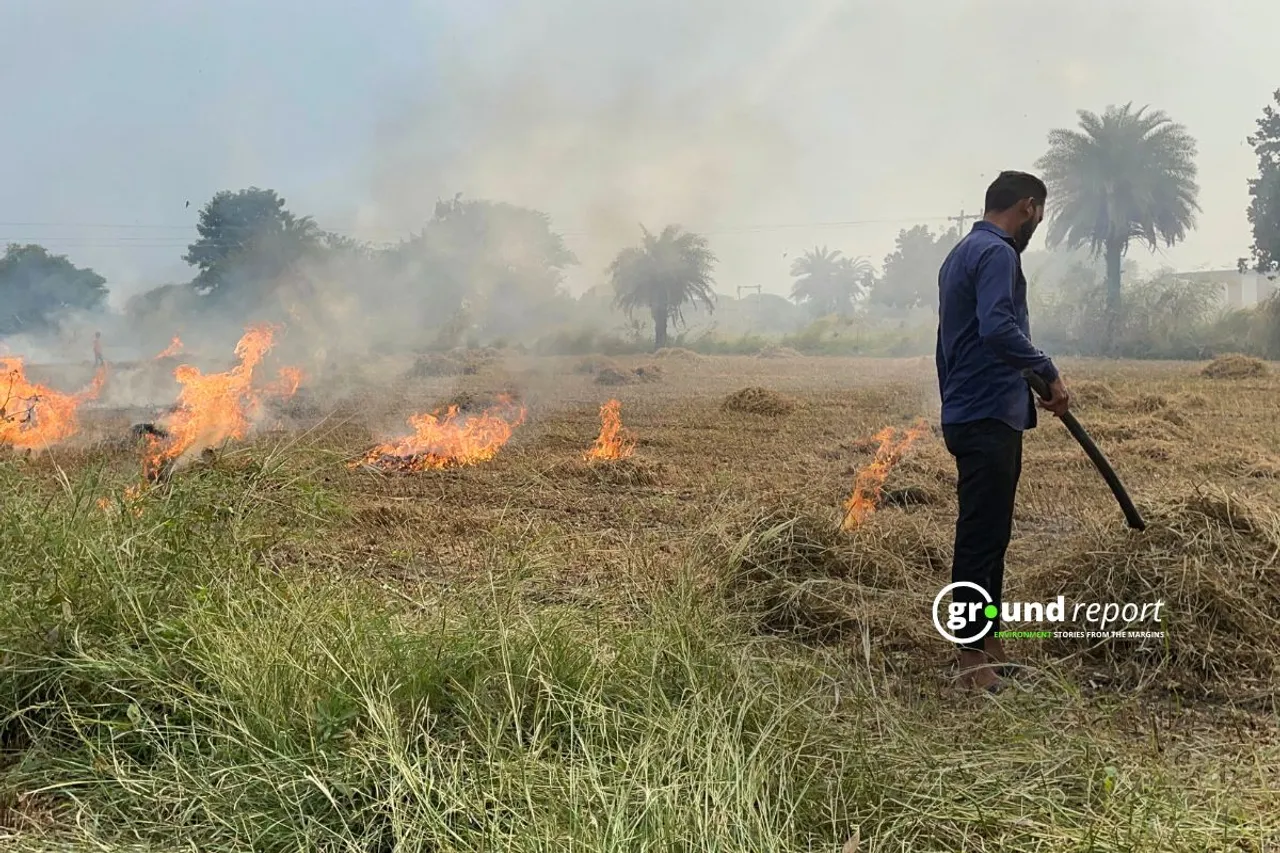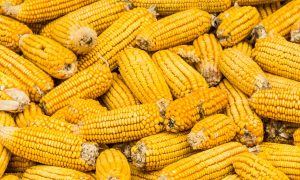PAU Signs MoU with CII to Curb Stubble Burning in Punjab Using Surface Seeding Technology

Punjab Agricultural University (PAU) has partnered with the Confederation of Indian Industry (CII) to combat stubble burning through an MoU promoting “Simultaneous Sowing of Wheat While Harvesting Rice” using PAU’s Surface Seeder Machine. This eco-friendly method integrates wheat sowing with rice harvesting, eliminating the need to burn paddy straw and reducing input costs while improving yields.
Punjab Agricultural University (PAU), Ludhiana, has taken a significant step to address the persistent issue of paddy straw burning in the state by signing a Memorandum of Understanding (MoU) with the Confederation of Indian Industry (CII), Gurugram. The partnership focuses on promoting PAU’s innovative farming technology, “Simultaneous Sowing of Wheat While Harvesting Rice,” along with the Surface Seeder Machine developed by the university.
This technology provides farmers with an eco-friendly and practical solution by integrating rice harvesting and wheat sowing into a single operation. A combine harvester fitted with a specially designed seeding attachment enables wheat seeds to be sown and basal fertilizer to be applied directly during the rice harvest. The leftover paddy straw is evenly spread across the field, forming a natural mulch that conserves soil moisture, suppresses weeds, enriches soil organic matter, and eliminates the need to burn crop residue, a major contributor to air pollution in Punjab.
The MoU was signed at PAU by Dr. Satbir Singh Gosal, Vice-Chancellor of the university, and Sunil Kumar Misra, CEO and Principal Advisor of CII. Other representatives from both institutions were also present.
Under the agreement, PAU will offer technical know-how, conduct field demonstrations, and support participatory research, while CII will focus on outreach, awareness campaigns, training programs, and building farmer capacity.
Dr. Gosal described the MoU as a visionary step that combines academic strength with industry dynamism to benefit farmers and the wider agricultural sector. PAU Registrar Dr. Rishi Pal Singh reaffirmed the university’s commitment to support farmers through hands-on training and field-level initiatives.
Dr. Ajmer Singh Dhatt, Director of Research, noted that the technology not only eliminates the need for residue burning but also reduces input costs and allows timely wheat sowing, helping farmers avoid heat stress and improve yields.
Field demonstrations of the technology have already been conducted in several districts, attracting strong interest from farmers who found the method simple and effective. Dr. Jasvir Singh Gill, a key agronomist behind the innovation, highlighted how the system ensures precise seed placement and efficient use of crop residue as mulch, creating an ideal environment for wheat germination.
CII officials expressed confidence that the collaboration will boost large-scale adoption of conservation agriculture in Punjab. Misra commended PAU’s leadership in field-based innovations and reiterated CII’s commitment to promoting sustainable solutions through public-private partnerships. Chandrakant Pradhan of the CII Foundation emphasized the importance of involving farmer producer organizations, rural youth, and service providers to drive grassroots adoption of the technology.
The initiative builds upon the long-standing PAU-CII partnership, including joint efforts such as the “Cleaner Air, Better Life” program, aimed at reducing stubble burning and promoting environmentally sustainable agricultural practices across the state.
To Read more about Rice News continue reading Agriinsite.com
Source : Krishi Jagran

















